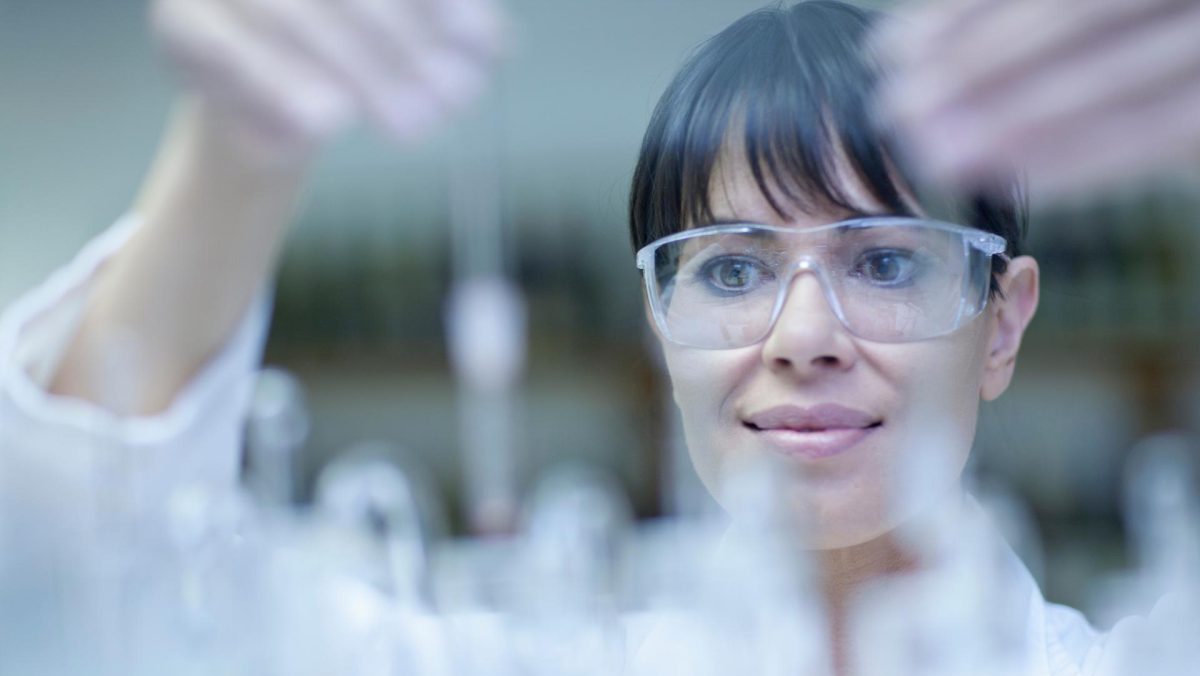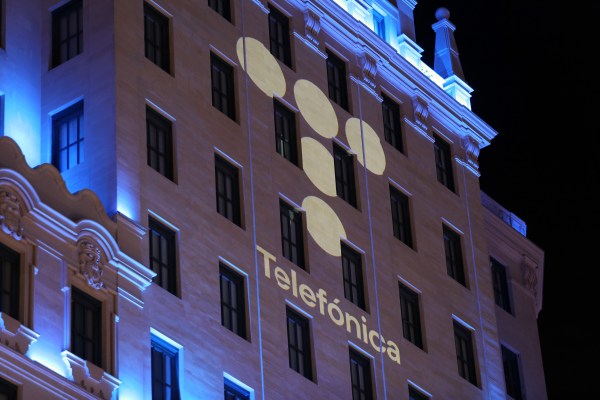Origin of Science Day
World Science Day for Peace and Development has been celebrated annually on 10 November since 2002 to commemorate the commitment made in Budapest in 1999 at the World Conference on Science.
The aim of that event was to articulate a new social contract for science in order, among other things, to ensure the responsible use of knowledge from all fields of science and to prevent its misuse.
The commemoration of World Science Day seeks to renew the commitment to science for peace and development by emphasising that science can help eradicate poverty, raise public awareness of the importance of science and bridge the gap between science and society.
In addition, this Science Day is a precursor to the International Week of Science and Peace, which has been celebrated since 1986.
World Science Day 2023. Building trust in science
Under the slogan Building Trust in Science, UNESCO has focused this year’s World Science Day 2023 on the premise that science can only fully assume its role in shaping our collective future if it is able to build trust.
And it is precisely trust in science that drives the application and development of evidence-based solutions to solve the multiple challenges generated around our planet.
This is because trust in this knowledge is a complex issue that affects both the way in which scientists carry out their professional work and society’s perception of issues in this field.
Therefore, the trust generated by science also serves to strengthen science-based policy decisions and social support for their subsequent implementation.
The development of science is also a step towards making our societies more sustainable.
Objectives of Science Day
The relevance of the celebration of this day can be seen in the importance of the objectives set for World Science Day:
- To strengthen society’s awareness of the role of science for peaceful and sustainable societies.
- To promote national and international solidarity with the aim of sharing science between different countries.
- Renew commitment (also from both national and international levels) to use science for the benefit of societies.
- To present the challenges facing science and encourage support for scientific work.
Science, a human right
Although many people may not be aware of it, science is considered a human right. Specifically, article 27 of the Universal Declaration of Human Rights recognises that “everyone has the right freely to participate in the cultural life of the community, to enjoy the arts and to share in scientific advancement and its benefits”.
The same article also adds that “everyone has the right to the protection of the moral and material interests resulting from any scientific, literary or artistic production of which he is the author”.
Thus, recognising that everyone has the right to participate in and benefit from science will serve as an impetus to the global discussion on options for improving access to science, as well as its benefits for the development of science and technology.
Women and girls in science
Although there is already a specific commemorative day, specifically 11 February, a day like World Science Day also serves as an excuse to highlight the value of female talent.
Increasing the presence of young women in STEM (Science, Technology, Engineering, Mathematics) careers and strengthening the role of professionals who develop the necessary changes involves activating programmes that connect with them and prove that these disciplines have a fundamental impact on society, institutions and innovation.
To this end, it is essential to accompany, train and recognise female talent, as well as to vindicate the example of pioneering women and references such as Marie Curie (the first woman to win a Nobel Prize and, moreover, the first person to receive this award twice: in Physics in 1903 and in Chemistry eight years later), Rosalind Franklin (who contributed decisively to the discovery of the double helix structure of DNA) and Ada Lovelace (the first female programmer in history).







